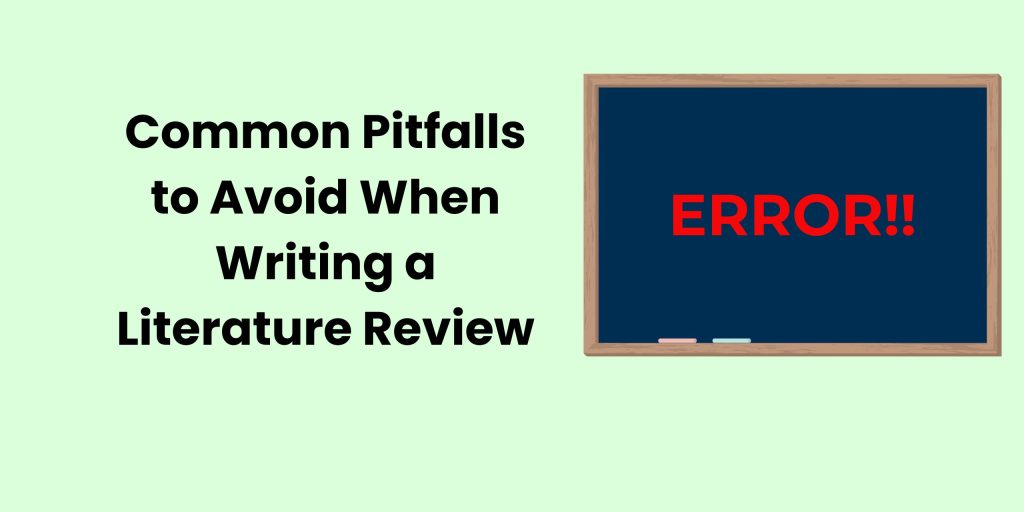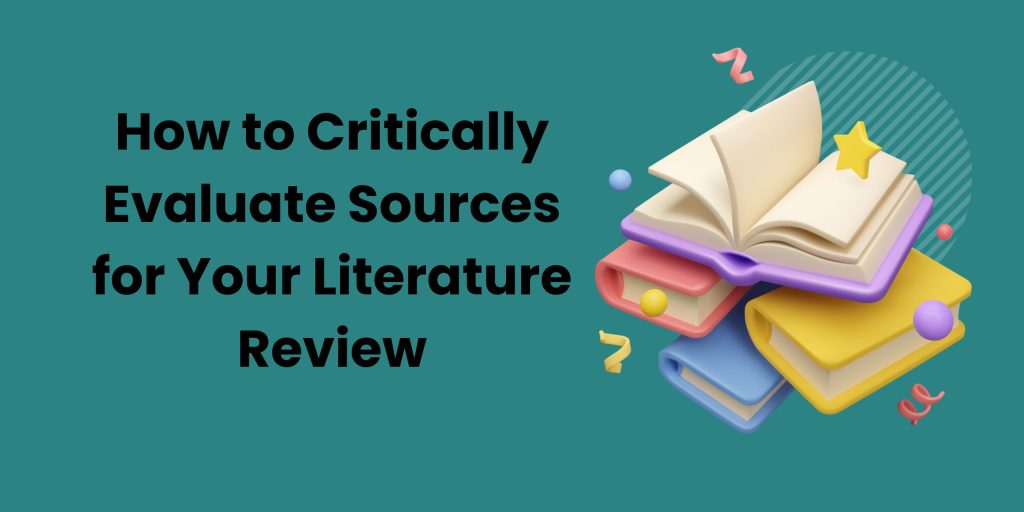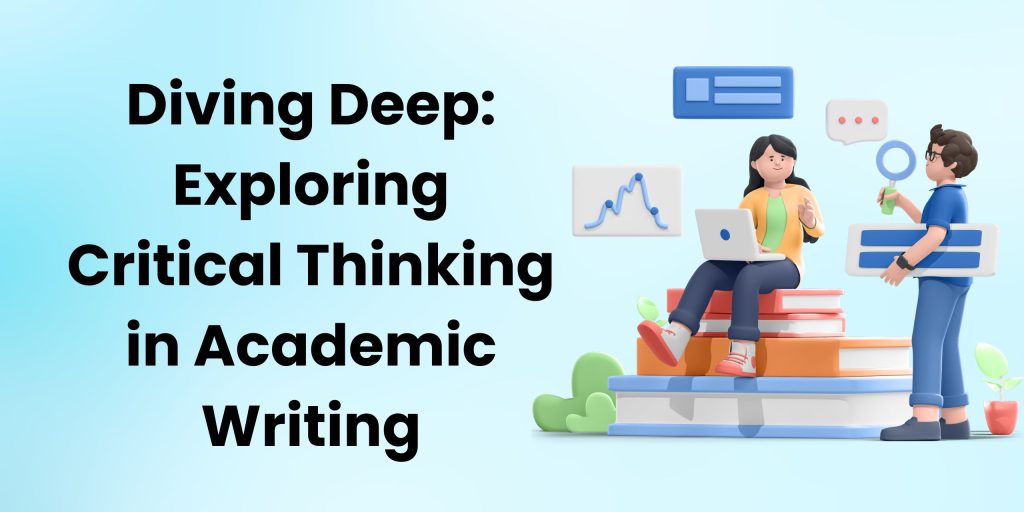How to Organize Your Sources for an Effective Literature Review
Conducting a literature review is an essential step in academic research, providing a comprehensive overview of existing knowledge and identifying gaps that your study aims to fill. A crucial part of this process is effectively organizing your sources. Proper organization ensures that your review is coherent, comprehensive, and persuasive. This guide will provide you with […]
How to Organize Your Sources for an Effective Literature Review Read More »









